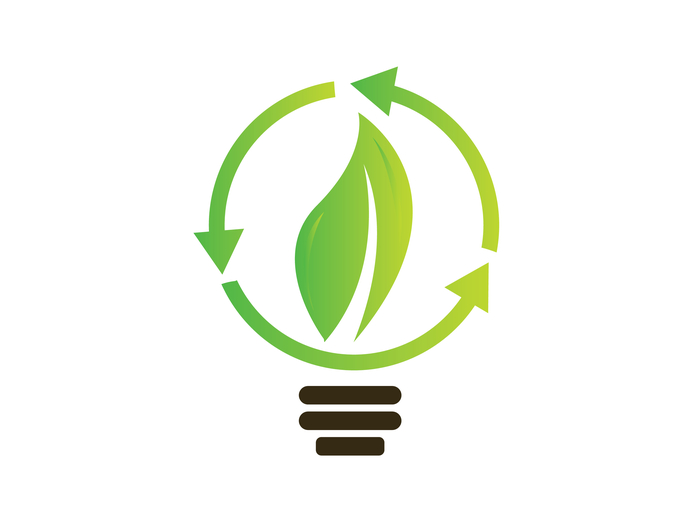Unlocking the market potential of community bioenergy
Bioenergy, a form of energy derived from organic matter called biomass, is one of many renewable energy sources available to help meet the world’s increasing demand for electricity, heat, fuels and other products. However, even though bioenergy holds the highest potential when it comes to replacing fossil fuel-powered heating, it remains underexploited in Europe. Aiming to promote the wide deployment of bioenergy heating technologies across Europe, the EU-funded BECoop project is developing a set of tools to facilitate the provision of support services to bioenergy communities. One of these tools is a new e-Market Environment that connects stakeholders involved in the supply chain of biomass heating solutions.
What does the tool do?
e-Market Environment helps stakeholders who are developing a community bioenergy project and need to define the services and activities required to support their cases. As reported in a news item on ‘energypost.eu’: “It demonstrates the various stakeholder interactions and activities/services that must take place to set up an effective and sustainable local supply chain and a community bioenergy project, streamlining the process.” Thanks to this unique, user-friendly tool, stakeholders are able to find and contact other biomass heating supply chain stakeholders in order to carry out their projects and learn from the experience of others and similar initiatives. By connecting supply chain stakeholders, e-Market Environment supports the creation and operation of new and existing energy communities. e-Market Environment has already brought together more than 60 stakeholders. A second version of the tool will be launched by April 2023, and all stakeholders are invited to help grow the environment.
Who is the tool for?
The same news item explains: “The tool is not only restricted to members of an energy community/cooperative or RESCoop: it engages all European stakeholders involved in the bioenergy, biomass supply chain and energy communities. Biomass owners/suppliers/management companies, equipment manufacturers, ESCOs and installers, cooperatives/energy communities/RESCoops, investors, research centres, public institutions and many more can explore offers and needs uploaded by others or submit theirs. The offers and demands can be filtered by category (products, services, advice, etc.), country and stakeholder type.” Next, the BECoop project team will be developing an educational and informational vector to include in e-Market Environment aimed at boosting local bioenergy supply and demand. The vector will also be used to encourage citizen participation in existing or new community bioenergy projects, or support the projects by identifying technical, business, financial and community model solution providers. Besides e-Market Environment, the BECoop (Unlocking the community energy potential to support the market uptake of bioenergy heating technologies) project will soon also be adding a knowledge exchange platform and a self-assessment tool to its arsenal. For more information, please see: BECoop project website
Keywords
BECoop, bioenergy, supply chain, energy, biomass, heating



